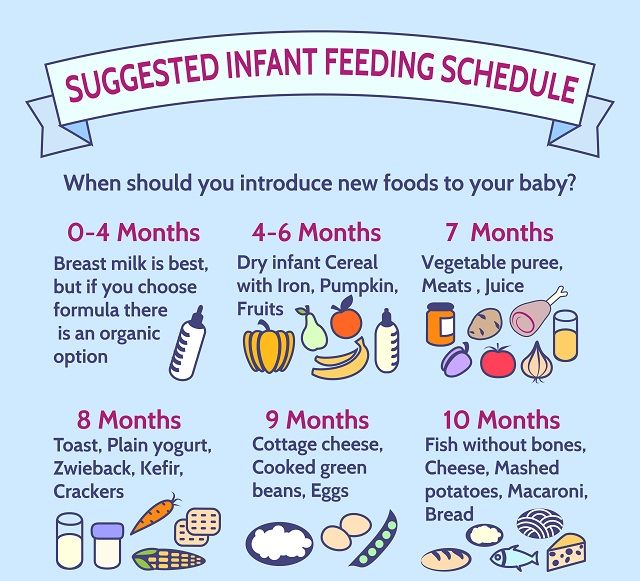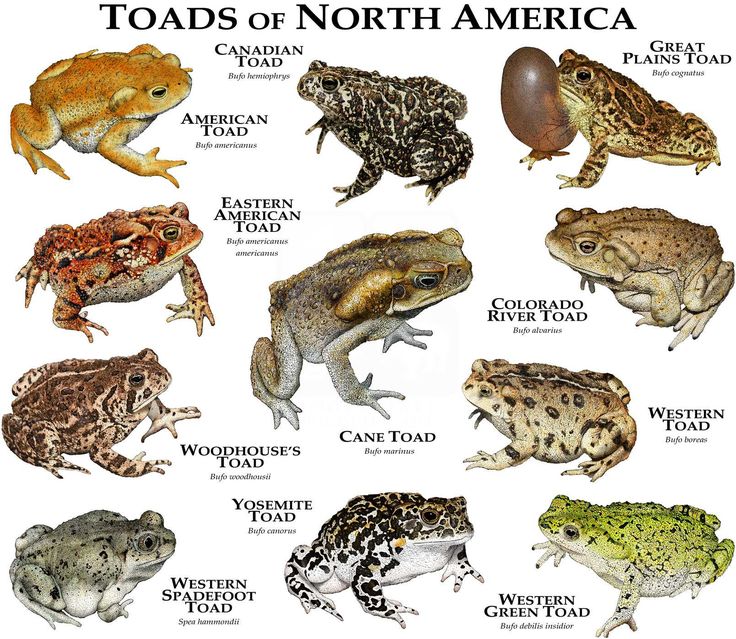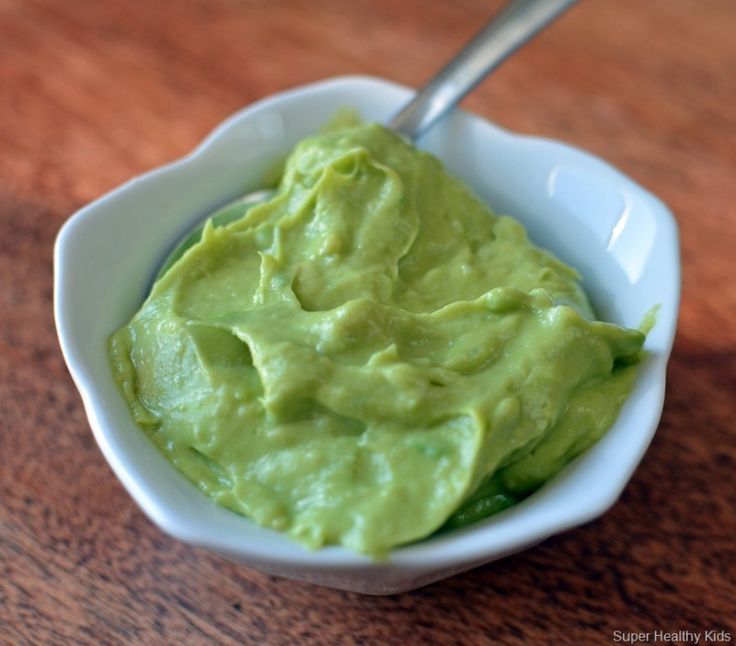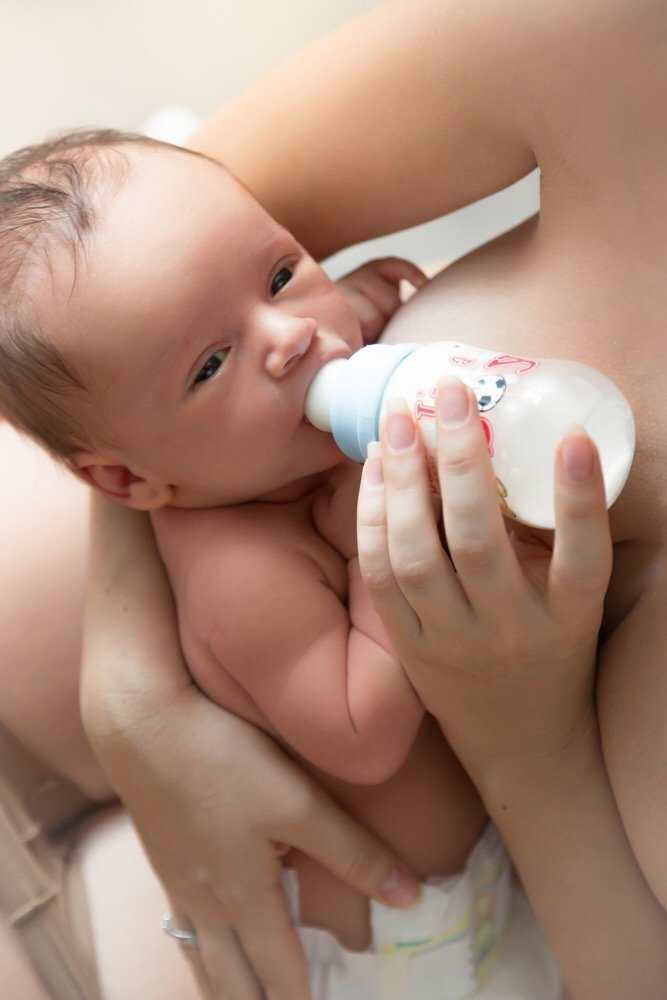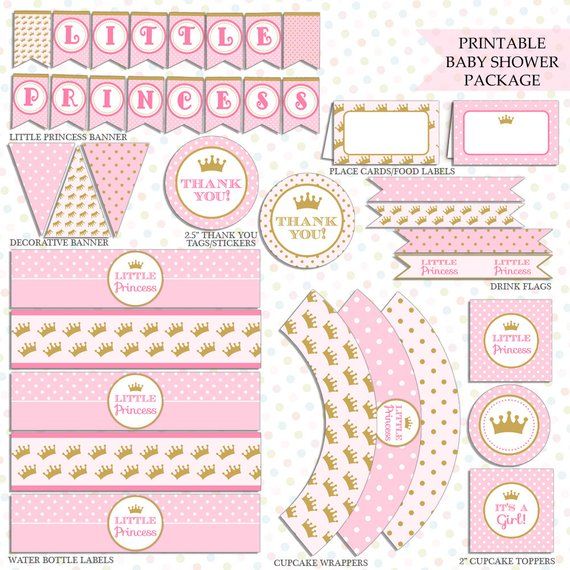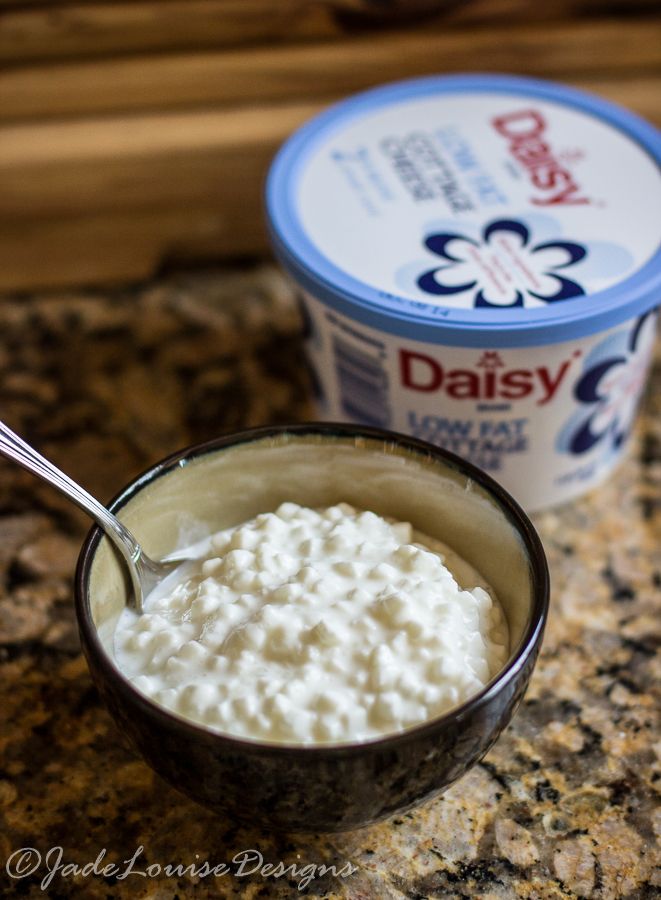Feeding baby egg for first time
When Babies Can Eat Eggs: Recommendations & Risks
If you’re starting your baby on solid foods, you might be thinking about what exactly they can eat and which foods are best for them. Fruit? Check! Vegetables? Check! Meats? Check! But when can babies have eggs? Eggs seem to inspire lots of questions, perhaps because we’re more aware of children’s allergies these days than ever before.
Read on to find out when it’s OK to offer eggs, why eggs have so many health benefits for babies specifically, and which methods of preparing and serving eggs are the safest for babies to eat.
When Can Babies Have Eggs?
One common question is how old babies need to be to eat eggs. You can introduce eggs to your baby around the same time you introduce solid foods, which is around 6 months old.
In the beginning, however, you’ll want to start with very soft or pureed foods (which can include whole grain infant cereals) before you progress to offering more textured foods.
Within two to three months after your little one starts eating solid foods, their expanded diet may include cereal, vegetables, fruits, eggs, and meats as well as breast milk or formula.
The Health Benefits of Eggs for Babies
Eating eggs (both the yolk and whites) has many health benefits, particularly for babies. One large egg (50 grams) contains
high-quality protein
70 calories
essential vitamins, minerals, and bioactive compounds
147 milligrams of choline
30 milligrams of docosahexaenoic acid (DHA).
Choline is a key nutrient that’s involved in many biological reactions that take place in the body. For infants it’s very important for brain development and function. The same goes for DHA, which plays an important role in infant growth and brain development.
How to Introduce Eggs to Your Baby
Around the time you’re introducing eggs to your infant, it’s important to offer soft, easy-to-swallow foods that will break down into small pieces in their mouth to prevent choking.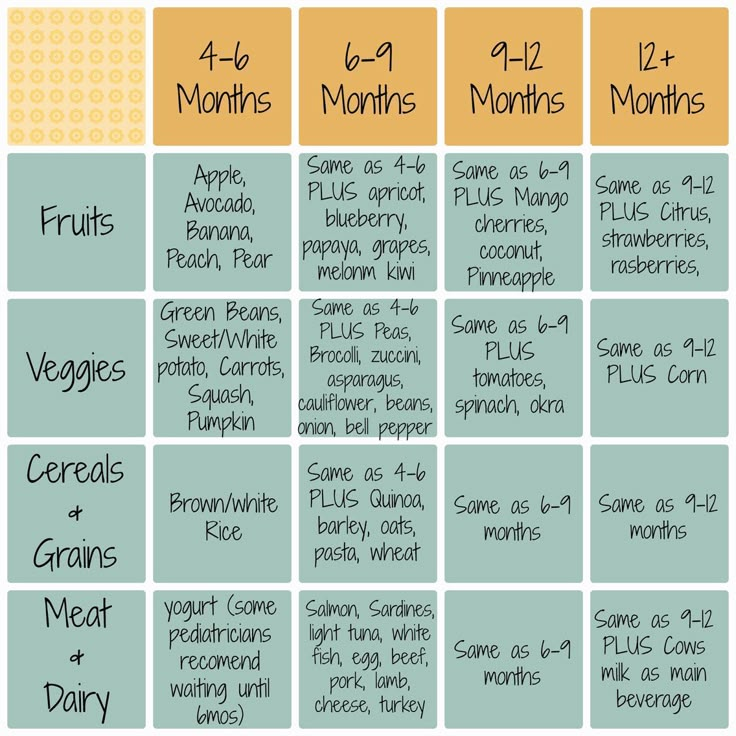 Since infants don’t yet have teeth, or have very few teeth, they aren’t able to chew—instead they mash foods with their mouths.
Since infants don’t yet have teeth, or have very few teeth, they aren’t able to chew—instead they mash foods with their mouths.
So, how do you cook eggs for your baby’s first time?
When it comes to preparing eggs for your baby, offer eggs that are scrambled, hard-boiled, or poached (as long as the eggs are firm and fully cooked). And how should you feed your baby eggs? You’ll want to mash the eggs with a fork to make them easier for your baby to eat.
If you’re a follower of baby-led weaning (BLW), you could offer these same preparations for eggs cut into small, finger food-style pieces and give them to your baby to self-feed.
Should You Delay the Introduction of Eggs to Your Baby?
In the past medical experts have advised against introducing eggs to infants and babies early on for fear of allergic reactions. But more recently experts have found there’s no reason to delay the introduction of eggs or other potential food allergens like fish and peanuts.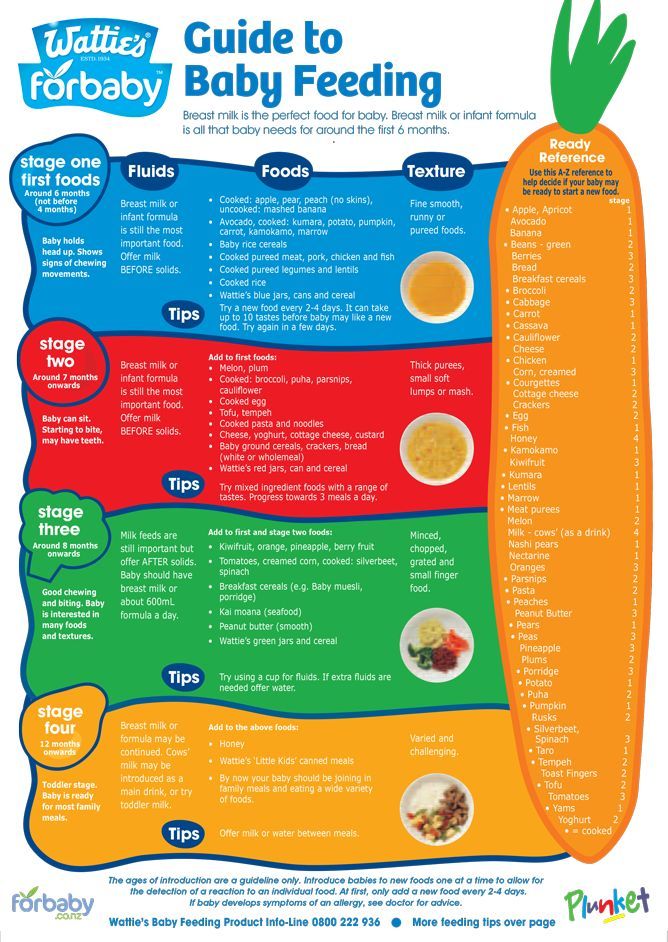
Introducing eggs to your baby (after 6 months of age) doesn’t increase the risk of an egg allergy or sensitivity. Therefore, delaying the introduction of eggs to your baby isn’t necessary.
Which Egg Dishes Should You Avoid Giving Your Baby?
Though scrambled eggs, hard-boiled eggs, and poached eggs with firm yolks are fine, other methods of preparing eggs in which the yolks are runny and undercooked aren’t recommended for babies—and even adults—due to the risk of salmonella. These include soft-boiled eggs, fried eggs with runny yolks, and poached eggs with runny yolks.
Here are some tips for buying, handling, and cooking eggs safely:
Always buy eggs that are in the refrigerator section of your grocery store or supermarket and opt for pasteurized
Keep eggs in a refrigerator set to 40 degrees Fahrenheit
Throw out any eggs that appear dirty or cracked
Cook eggs until the whites and yolks are firm.

The Bottom Line
Eggs are a great source of protein and other nutrients that are integral to your child’s development. So, despite what has been said in the past, there’s no reason to delay the introduction of eggs to your infant for fear of them developing an egg allergy or sensitivity.
So, when can babies eat eggs? Start offering eggs around the same time you start your baby on solid foods, after 6 months of age. Your little one’s menu can begin with purees and very soft food (like infant cereal) and then expand to include more textured foods, such as eggs, fruits, vegetables, and meats.
Stick to preparations of eggs in which the yolks are fully cooked, such as hard-boiled, scrambled, and poached (with firm yolks). Avoid preparations that have runny yolks (soft-boiled eggs, fried eggs, and runny poached eggs) as there’s a risk of your baby contracting salmonella.
Starting on solid foods is an egg-citing time! Offering all different kinds of foods and watching your baby’s reactions will be priceless.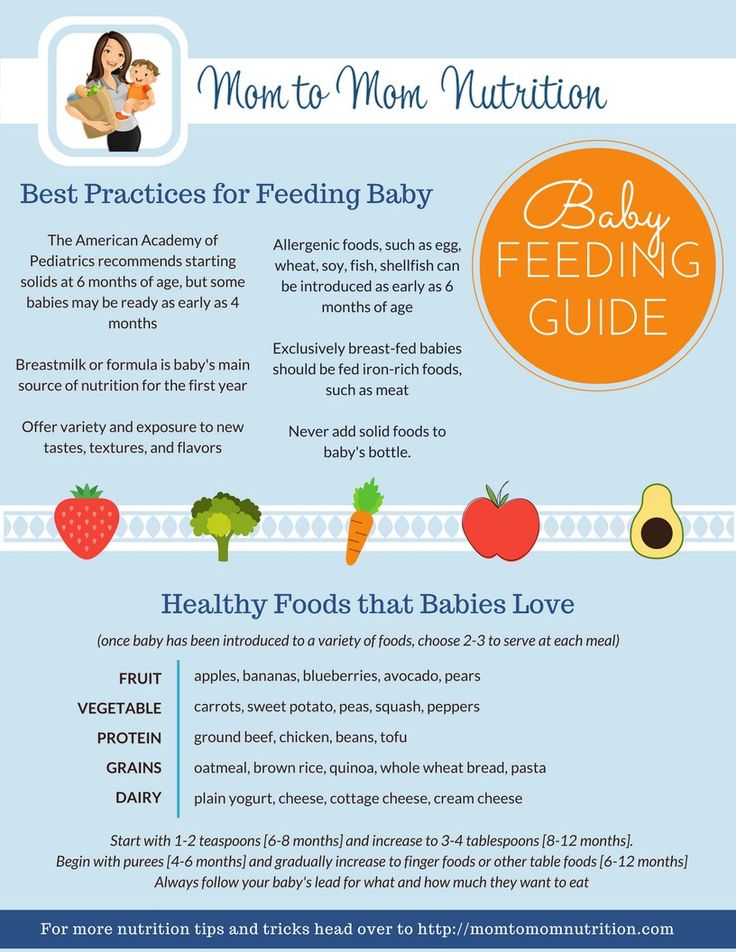
For Your Baby | Get Cracking
NutritionNow it’s ok to feed your baby the whole egg starting at 6 months. It could help prevent an egg allergy.
The newest infant feeding guidelines from Health Canada, the Canadian Pediatric Society, Dietitians of Canada and the Breastfeeding Committee for Canada now recommend introducing whole eggs starting at six months of age, or as soon as your child starts eating solids.
Experts no longer recommend delaying the introduction of common allergens to twelve months. In fact, research shows that introducing whole eggs early can actually help to lower your baby’s chance of developing an egg allergy.
Learn More
With six grams of the highest-quality protein and fourteen essential vitamins and nutrients, eggs are a practical way to add an iron-rich, wholesome food to your baby’s diet. They are a natural source of choline, which plays an important role in brain development.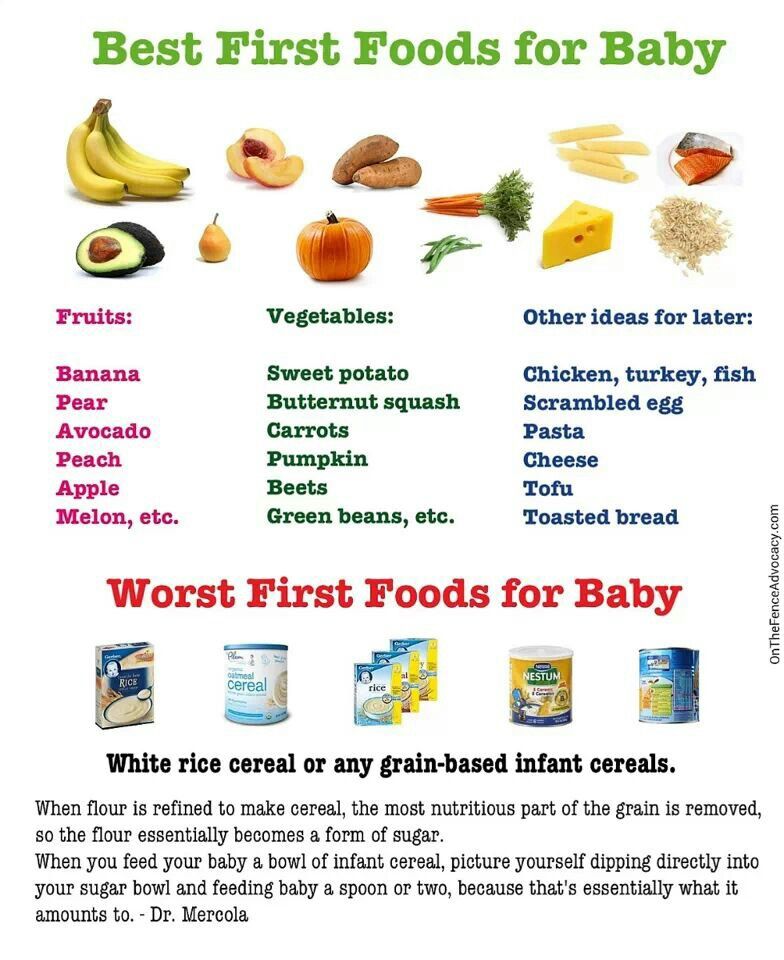
Recipes For Your Baby
You can start by gradually adding cooked eggs to your baby’s diet with these simple tips:
- Hard boil a whole egg and mash it.*
- Mix about 1 1/2 tsp (7 mL) with a little breast milk, infant formula or water.
- Don't add any salt, sugar, butter or margarine to the egg yolk.
- Let your baby enjoy the natural flavours of single foods.
*Remember to always ensure that your baby’s eggs are properly cooked to avoid food-borne illnesses, as babies immune systems are still continuing to develop at this stage of life. Find more information on proper storage and handling of eggs here.
Click here for more baby recipe ideas!
Feeding First Foods
Use this infographic to learn more about the right timing to introduce first foods to your baby!
Here are few simple recipes to get your baby started on eggs:
Easy Scrambled Eggs
This recipe could not be easier and uses only two simple and pure ingredients: eggs and either breast milk or formula.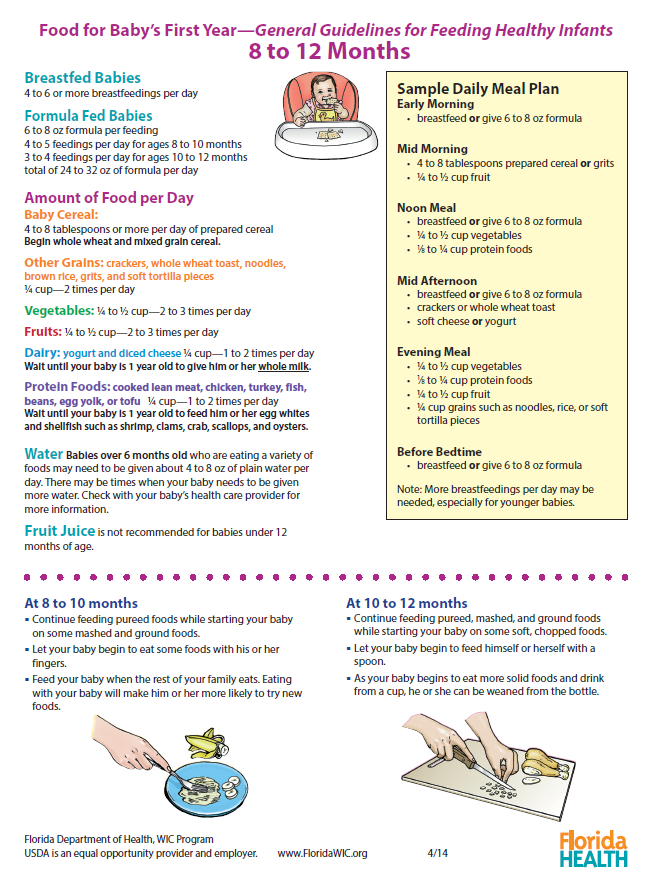
You’ll Need:
- 1 large egg
- 2 Tbsp breast milk or formula
Prep and Cook:
- Crack egg into a bowl and whisk well. Add breast milk or formula and whisk until well combined.
- Heat a non-stick skillet over medium heat and add egg mixture. Use a spatula to move egg mixture around in pan to scramble as it cooks. Keep cooking until eggs are completely cooked through.
- Use spatula to transfer eggs to a plate to cool. Chop into tiny bits and serve to baby.
Eggy Guacamole
Make a super easy and healthy egg recipe for babies who are just starting to eat solids.
You’ll Need:
- 1 large egg
- 1 ripe avocado
Prep and Cook:
- Place your egg in a small pot and cover with cold water. The water should be about an inch or so higher than the egg. Cover the pot with a lid. Over high heat, bring your eggs to a rolling boil.

- Remove from heat and let stand, 18 minutes for medium sized eggs, 20 minutes for large eggs and 23 minutes for extra large eggs.
- Drain water and immediately run cold water over eggs until cooled. Rapid cooling helps prevent a green ring from forming around the yolks.
- Peel eggs and place in a bowl. Mash well and set aside.
- Cut avocado in half, remove pit and scoop out flesh. Place avocado flesh in a bowl and mash well with a fork. Combine egg and avocado together and mash together well until you have your desired consistency.
Simple Sweet Potato Scramble
Make a vitamin-rich and flavourful recipe to feed your baby who is just starting to eat solid foods: A simple sweet potato scramble.
You’ll Need:
- 1 sweet potato, peeled and cubed
- 1 large egg
Prep and Cook:
- Steam or boil sweet potato cubes until very tender. Drain if necessary and mash or puree until you have your desired consistency.
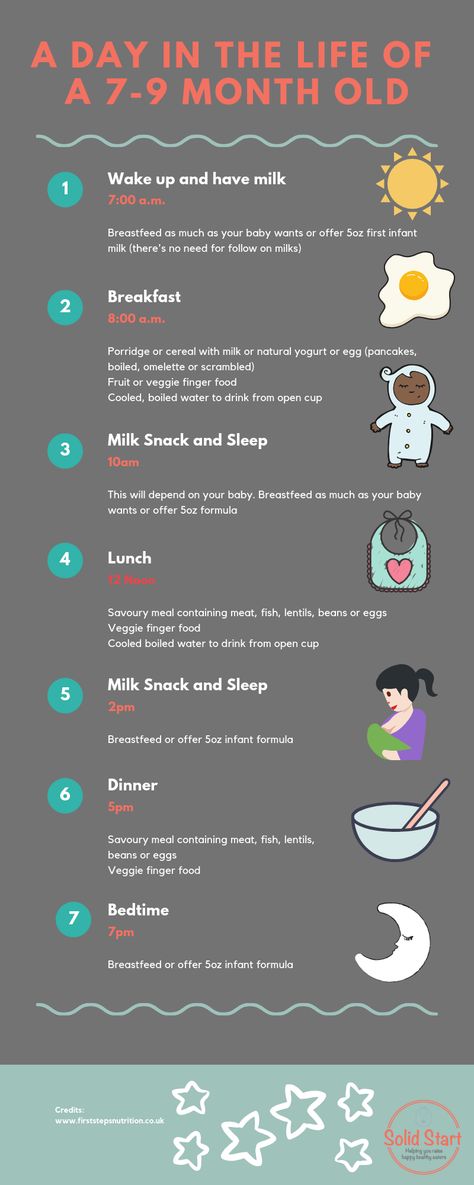
- Whisk egg. Whisk in sweet potato puree until well combined. Heat a pan over medium heat. Add egg and sweet potato mixture and cook, stirring often, until cooked through and thickened.
- Remove from heat, let cool and serve baby!
Good to know: Short on time? Instead of preparing your own sweet potato puree, use a jar or squeeze pouch of sweet potato puree instead.
When can you give your baby an egg
Reviewer Kovtun Tatiana Anatolievna
47335 views
November 02, 2021
What do adults usually eat for breakfast? Omelet, scrambled eggs, porridge, muesli, casseroles, cheesecakes, sandwiches.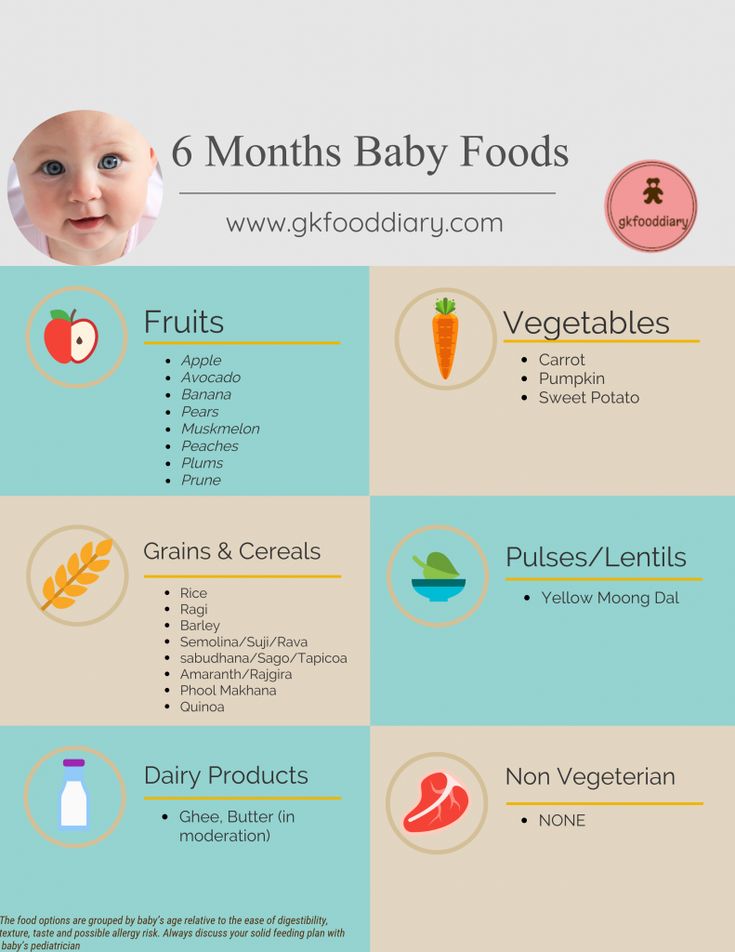 .. There are more than enough options. And if a baby gets acquainted with grain products already at the age of 4 to 6 months, then the question of when and how to acquaint a baby with an egg is a burning one for mothers of grown-up babies.
.. There are more than enough options. And if a baby gets acquainted with grain products already at the age of 4 to 6 months, then the question of when and how to acquaint a baby with an egg is a burning one for mothers of grown-up babies.
The yolk contains lecithin, necessary for the normal functioning of the nervous system, metabolism, as well as a large amount of nutrients. Egg whites also provide many benefits. When can you give your child these foods?
How to give a baby yolk for the first time
The first acquaintance of the baby with the egg begins with the yolk. Pediatricians are advised to introduce him to the baby already at the age of 7 months. If the child has a predisposition to allergies, then the introduction of this product into the diet should be discussed with a specialist.
Start feeding with an egg with ¼ pcs. hard-boiled yolk. And be sure to monitor the reaction of the crumbs. By 8 months, it is recommended to increase the amount of the product to ½ pcs.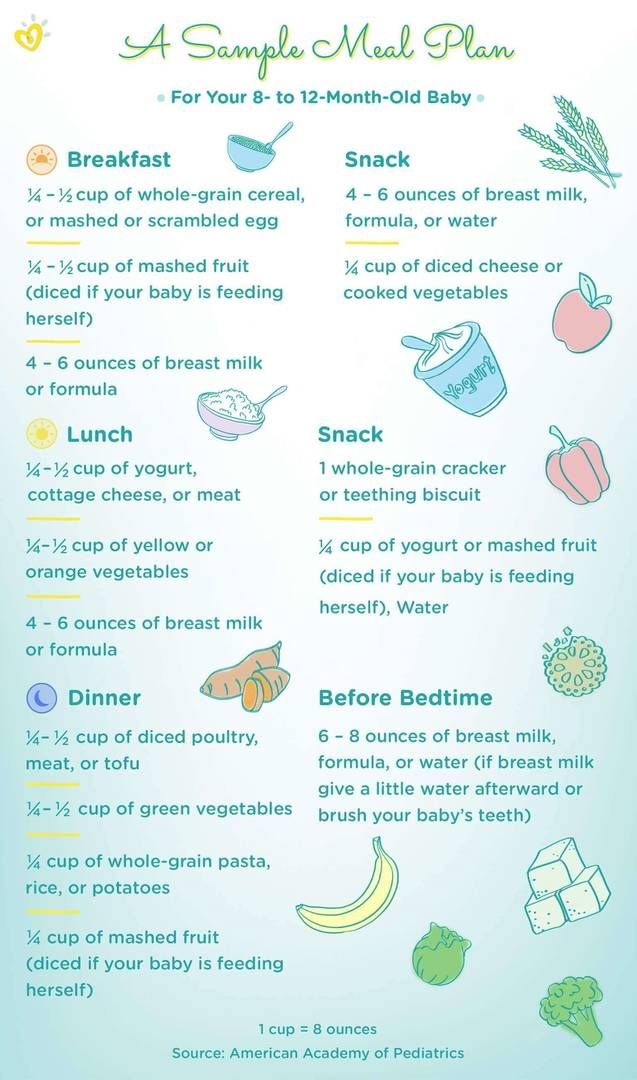
How to give your baby protein for the first time
Egg protein is almost completely absorbed by the body, but it can be allergenic. Therefore, when including it in the diet of a child, you should additionally consult with a specialist.
Complementary Feeding Restrictions
Do not introduce an egg or any other food item into your baby's diet if the baby is unwell, teething or vaccinations are planned.
There is no significant difference between chicken and quail eggs in terms of nutritional value.
How to cook an egg for a baby
Eggs should only be offered hard-boiled, and for older children also in the form of a steam omelette, which can also be supplemented with various vegetables. You can cook together, for example, beat an omelet with a whisk and have fun.
What eggs should not be given to children
Babies should not be given waterfowl eggs. In addition, it is strictly forbidden to give undercooked eggs.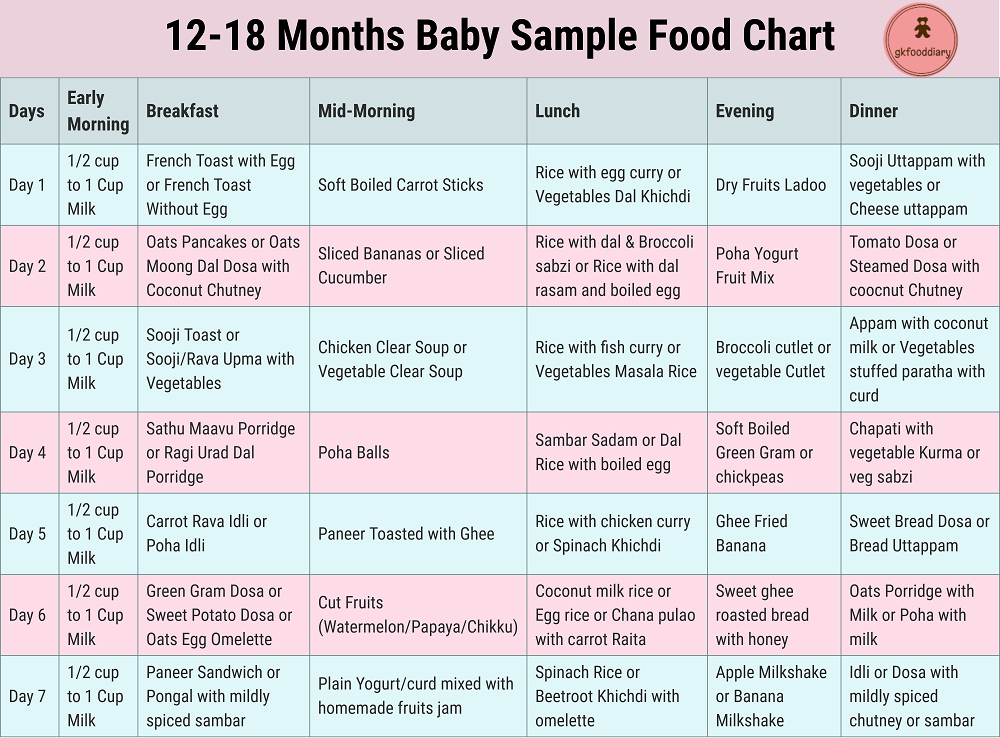 Soft-boiled and bagged eggs can be hazardous to health. Therefore, it is necessary to make sure that the egg is cooked, and the omelette is well steamed.
Soft-boiled and bagged eggs can be hazardous to health. Therefore, it is necessary to make sure that the egg is cooked, and the omelette is well steamed.
Reviewer Kovtun Tatiana Anatolievna
Scientific adviser to PROGRESS JSC, Candidate of Medical Sciences
All expert articles
At what age can you give an egg to a child and how to properly introduce yolk and protein into complementary foods
When can you start giving an egg to a child
How to feed an egg to a child
How to choose a variety and what you can find out by labeling
What is better to give - protein or yolk
How to cook eggs for children
An egg is a unique product, its biological value can hardly be overestimated. The yolk is especially valuable. It contains a lot of useful substances.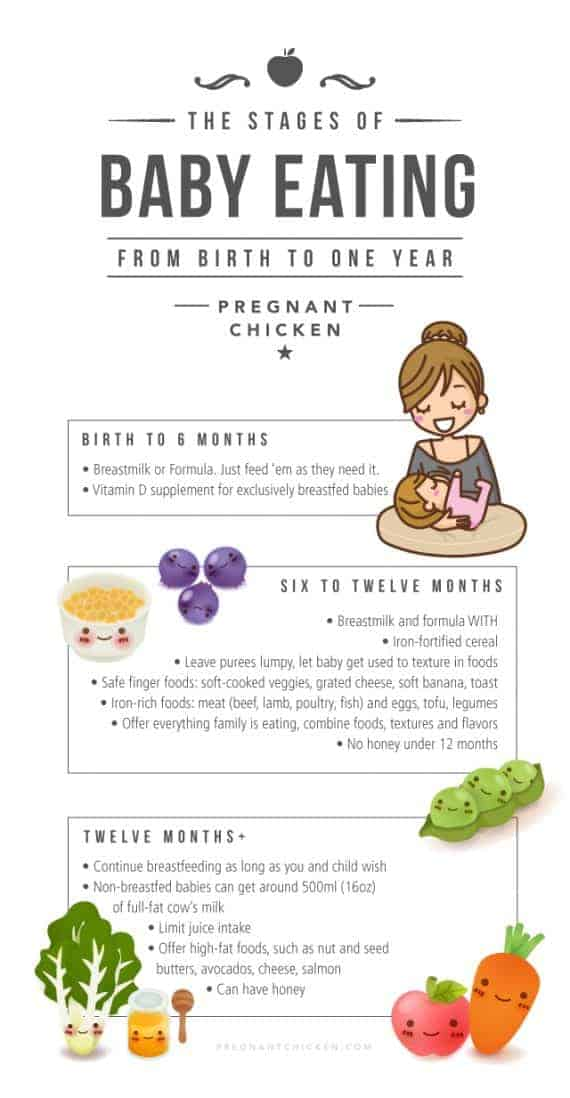
- Fats - please, and even in a well-digestible form, as many proteins as you like, and full-fledged amino acids.
- Minerals - in the widest range, trace elements - the richest composition.
- There are as many as 12 vitamins in the yolk. And among them, vitamin D is very important for every small child. There is also a lot of vitamin A in the yolk, besides, it is in an active state. There is also vitamin E (tocopherol), called a superfood because of its antioxidant properties. Yolks are rich in B vitamins, especially B1, B2, PP and B9 (folic acid).
- Choline is a vitamin-like substance important for brain development and memory formation. It improves the functioning of the liver, helping it to remove everything harmful from the body, including drugs, when they have already done their useful work.
- Calcium, phosphorus, as well as iron, iodine, copper and cobalt. These substances are also included.
If the egg is so useful, then why not introduce it into complementary foods at least from the age of six months? There are good reasons for this.
Scientific research and experience of domestic pediatricians have shown that too early introduction of the yolk is fraught with the development of allergic reactions in children. The allergenicity of the egg itself is quite high. Plus, the biochemical composition of eggs has changed in recent years. When raising chickens, various pharmaceutical preparations are widely used in order to preserve the number of birds kept in cramped and overcrowded conditions.
Do not miss
-
Do not miss
7 rules that will help feed any child
So when can you give your child an egg? Pediatricians recommend doing this no earlier than eight months. At this age, the body is formed to take this product.
To reduce the risk of allergies, it is better to use quail egg yolks for feeding at first, which cause allergies much less often than chicken ones.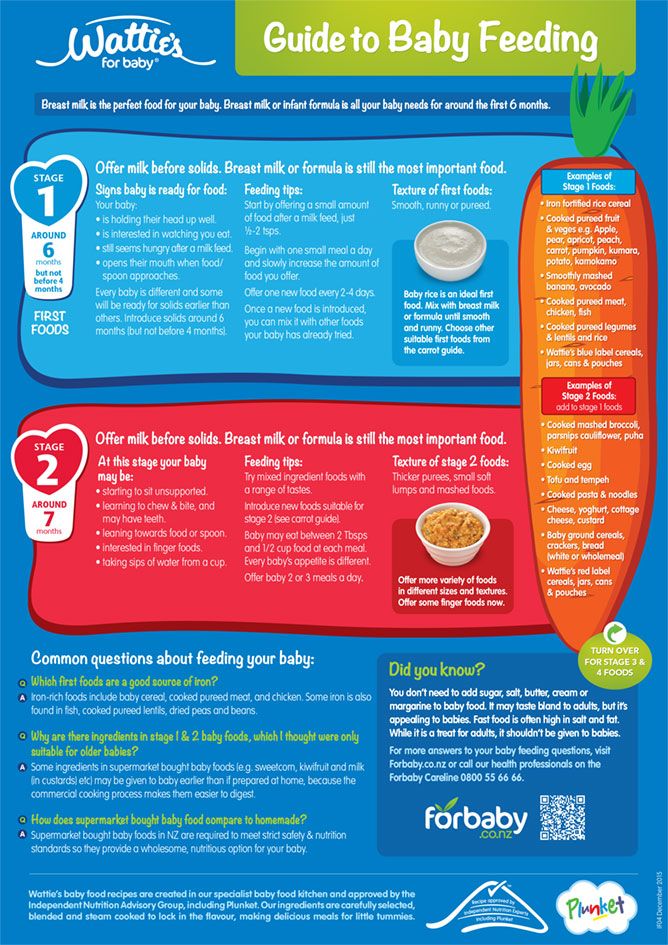 Hard boiled eggs further reduce the yolk's ability to cause allergies.
Hard boiled eggs further reduce the yolk's ability to cause allergies.
The yolk of a hard-boiled chicken egg is given to children with a small piece pounded in a spoonful of breast milk. Gradually, portions are brought to a quarter of the yolk, and after another 8–10 days, to half. On average, half a yolk per day (four eggs per week) is enough for a child up to almost a year old. Quail egg yolks will need 8-10 per week.
Pureed egg yolk can be added to vegetable purees and soups. Mixing the yolk with porridge is not worth it; protein dishes are better combined with vegetables. A whole egg can be given to children from the age of one.
- The first character indicates the allowed storage period.
- The letter "D" means "dietary" with a shelf life of seven days. In past years, three-day eggs were considered dietary.
- The letter "C" is a "table" egg, it is sold within 25 days. These eggs are not suitable for baby food. The fact is that during long-term storage, the fats and proteins of the egg partially change their structure, undergo decay into substances that are not indifferent to the children's liver.
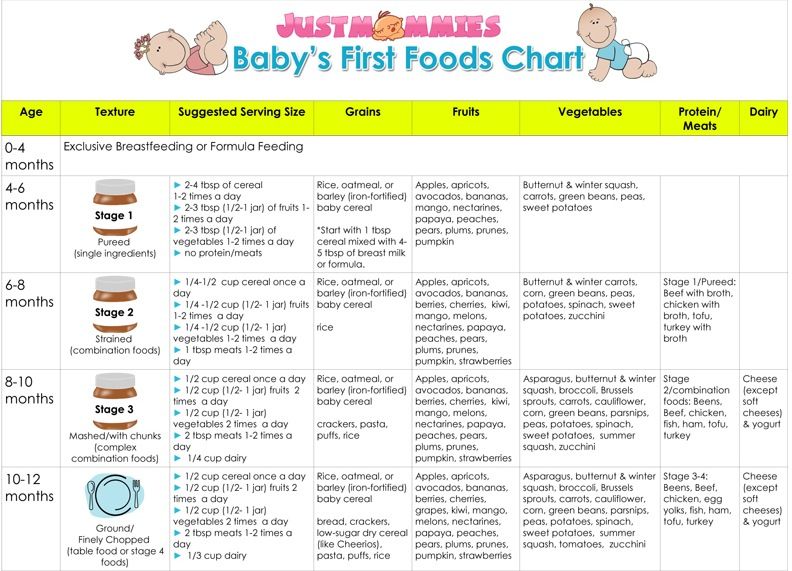
Do not miss
-
Do not miss
7 mistakes you make in the first year of raising a child
- The second marking mark is tied to the weight of the egg: category "3" - from 35 to 45 g, "2" - from 45 to 55 g, "1" (first category) - from 55 to 65 g and "O" ( selected egg) - from 65 to 75 g. The letters "SV" are placed on table eggs of the highest category, and "D1" - on dietary eggs of the first category.
- There are difficulties with the shelf life of quail eggs. A child can cook quail eggs laid no more than seven days ago, and in stores their expiration dates have been extended to 60 days.
The answer to the question of when you can give an egg yolk to a child is obvious: from eight months, when this product is introduced into the diet. But when can you give your child egg white?
Do not do this, and not only because of the danger of salmonellosis or other infections.